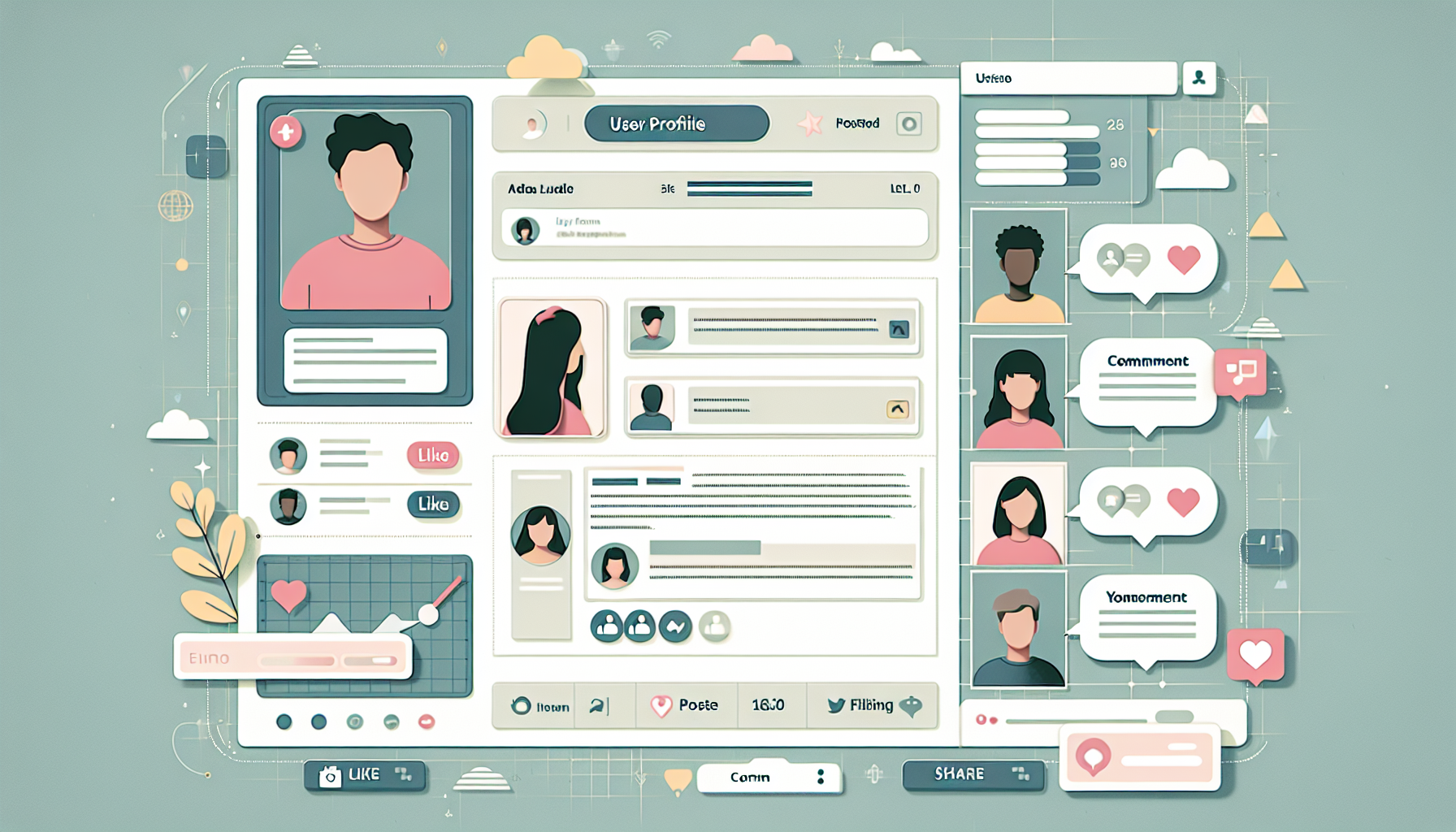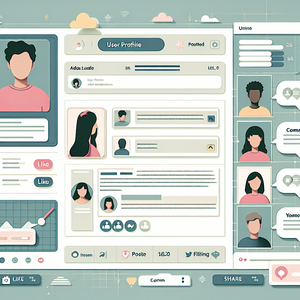The Butterfly Effect in Career Growth

Networking events are often perceived as a mundane obligation for professionals. However, attending just one can lead to unforeseen opportunities. For instance, Jessica, a marketing professional, shares her experience of attending a local marketing conference. Initially hesitant, she decided to go, and during a casual conversation with a fellow attendee, she learned about a job opening that perfectly matched her skills. This single decision not only led her to a new position but also connected her with a mentor who has since guided her through her career. Jessica's story exemplifies how networking, often viewed as a chore, can yield unexpected and transformative results.
The Impact of Small Gestures
Small gestures, such as sending a thank-you email or offering help to a colleague, can create lasting impressions that significantly influence career paths. Michael, a software developer, recounted how a simple compliment on a colleague's project led to a collaborative initiative that caught the attention of upper management. This collaboration resulted in a promotion for both Michael and his colleague, illustrating how small acts of kindness can create significant professional opportunities. The ripple effect of such gestures can reverberate throughout the workplace, fostering an environment of mutual support and collaboration.
The Role of Self-Improvement
Investing in self-improvement, even in minor ways, can have a ripple effect on one’s career. Sarah, an aspiring writer, decided to take a weekend workshop on storytelling. Although she initially thought it was a small step, the skills she gained from the workshop allowed her to write compelling articles that eventually landed her a freelance writing gig with a major publication. This opportunity opened doors to high-profile projects, demonstrating how a small commitment to self-betterment can lead to substantial career advancements. Sarah's journey underscores the importance of continuous learning and personal development in achieving long-term career goals.
Embracing Risk and Uncertainty
Taking calculated risks can also lead to unexpected career growth. David, an engineer, shared his decision to volunteer for a complex project that was outside his comfort zone. Although it was a daunting prospect, he saw it as an opportunity for growth. His successful execution of the project not only earned him accolades but also positioned him as a leader in his department, showcasing how stepping outside one’s comfort zone can create significant career advancements. David's experience highlights the necessity of embracing uncertainty, as it can often lead to remarkable professional transformations.
The Influence of Online Presence
In today’s digital age, maintaining an active online presence can lead to unexpected career opportunities. Anna, a graphic designer, began sharing her work on social media platforms. What started as a hobby soon caught the attention of a major brand, leading to a partnership that significantly boosted her career. This illustrates how a small decision to showcase one’s work can lead to major professional breakthroughs. Anna’s story is a testament to the power of personal branding and the vast opportunities that can arise from a well-curated online presence.
The butterfly effect in career growth serves as a reminder that every decision we make, no matter how small, can have far-reaching consequences. Whether it’s attending a networking event, engaging in self-improvement, or simply being open to new experiences, these seemingly trivial actions can lead to significant opportunities and career advancements. By remaining aware of the potential impact of our choices, we can navigate our professional journeys with intention and purpose. Embracing the butterfly effect allows us to recognize that our careers are not just a series of major milestones, but a tapestry woven from the small, everyday decisions we make. As we move forward in our careers, let us not underestimate the power of the little things; they may very well lead us to the most significant breakthroughs of our professional lives. The interconnected nature of our career paths teaches us that every small action can set off a chain reaction, ultimately shaping our future in ways we might not have imagined.
Marketing Coordinator
Marketing agencies, e-commerce companies, and corporate marketing departments
Core Responsibilities
Assist in the development and execution of marketing campaigns, including social media, email marketing, and events.
Monitor and report on campaign performance metrics to optimize strategies.
Collaborate with cross-functional teams to ensure brand consistency across all channels.
Required Skills
Proficiency in digital marketing tools (e.g., Google Analytics, Hootsuite).
Strong written and verbal communication skills.
Ability to analyze data and derive actionable insights.
User Experience (UX) Designer
Tech companies, design firms, and startups focused on product development
Core Responsibilities
Conduct user research and usability testing to inform design decisions.
Create wireframes, prototypes, and visual designs for web and mobile applications.
Collaborate with developers and product managers to implement design solutions.
Required Skills
Proficiency in design software (e.g., Sketch, Adobe XD, Figma).
Strong understanding of user-centered design principles and methodologies.
Ability to communicate design concepts effectively to stakeholders.
Data Analyst
Financial institutions, healthcare organizations, and market research firms
Core Responsibilities
Collect, process, and analyze large datasets to identify trends and insights.
Create visualizations and reports to communicate findings to non-technical stakeholders.
Collaborate with cross-functional teams to support data-driven decision-making.
Required Skills
Proficiency in data analysis tools (e.g., SQL, Python, R).
Strong analytical and problem-solving skills.
Experience with data visualization tools (e.g., Tableau, Power BI).
Content Strategist
Digital marketing agencies, media companies, and corporate communications departments
Core Responsibilities
Develop and oversee content strategies that align with marketing goals and target audience needs.
Conduct competitive analysis and audience research to inform content creation.
Collaborate with writers, designers, and SEO specialists to ensure content effectiveness.
Required Skills
Excellent writing and editing skills, with a keen eye for detail.
Understanding of SEO best practices and content marketing strategies.
Ability to analyze content performance metrics and adjust strategies accordingly.
Project Manager (Agile)
IT firms, consulting agencies, and companies undergoing digital transformations
Core Responsibilities
Lead cross-functional teams in the execution of projects using Agile methodologies.
Facilitate daily stand-ups, sprint planning, and retrospectives to ensure project alignment and progress.
Manage project timelines, budgets, and stakeholder communications.
Required Skills
Certification in Agile methodologies (e.g., Certified Scrum Master, PMI-ACP).
Strong organizational and leadership skills.
Proficiency in project management tools (e.g., Jira, Trello).


